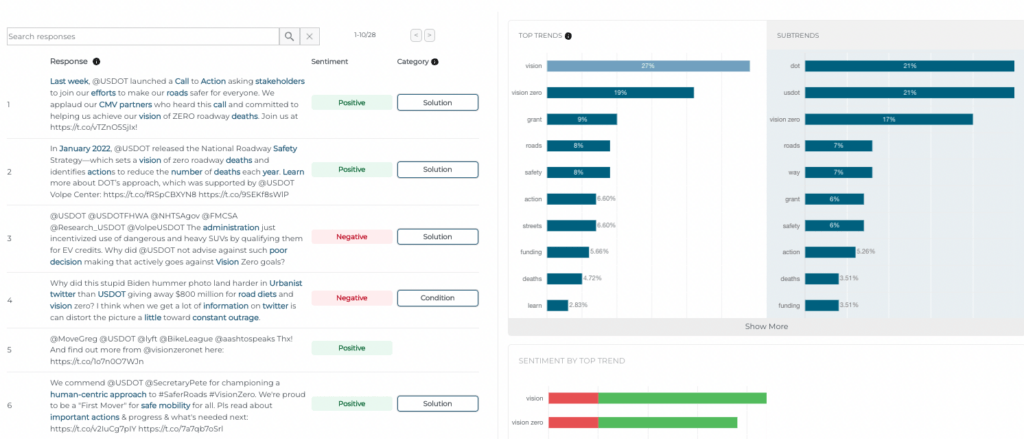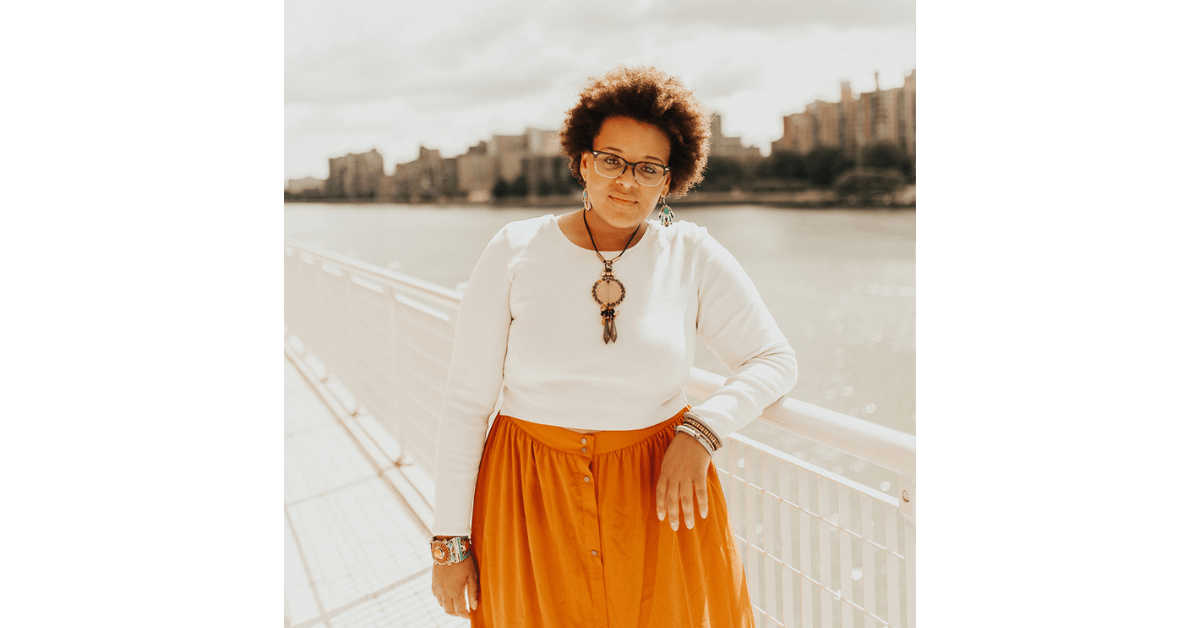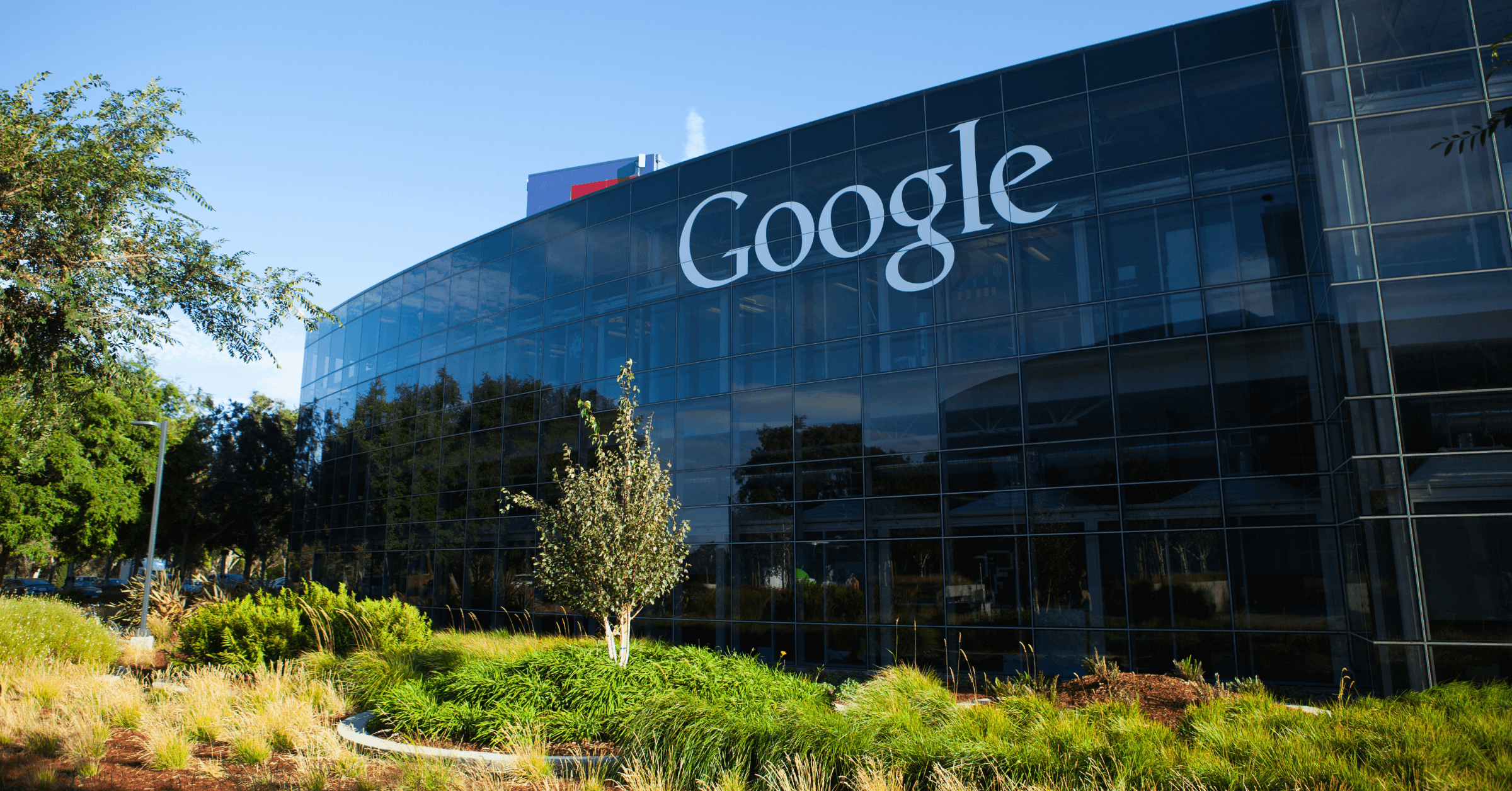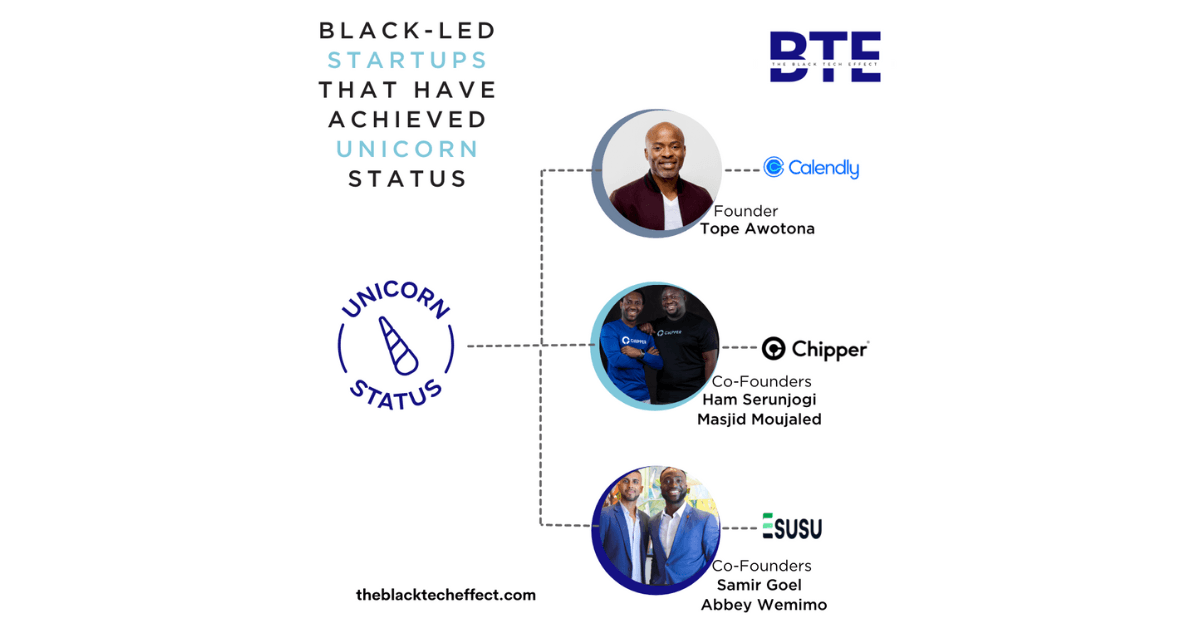KEY INSIGHTS:
- The Dubois is a new AI model which synthesizes data collected from community voices for urban planners.
- The model is being trained internally using culturally competent data to pick up on regional and colloquial dialects and accents.
After two years of development, a new patent-pending AI model inspired by the research methods of W.E.B. Du Bois was publicly launched on Feb. 23.
The model, fittingly named The Dubois, is part of co:census, an AI-powered enterprise software by Seam Social Labs, used by urban research, design and planning teams to analyze surveys, interviews, and text and voice data.
Tiasia O’Brien, Brooklyn-based founder and head of strategy of Seam Social Labs, spent a decade working in communications and marketing, where she witnessed the pitfall of building for the public without including them in the process. So she decided to pursue a master’s degree in urban sociology where she was inspired by W.E.B. Du Bois’ pioneering work in data visualizations and use of mixed-method research.
Her company follows Du Bois’ principles while also incorporating technology into the mix. The goal of co:census is equitable design and the Dubois AI model uses natural language processing to streamline community feedback.
Typically when urban planners launch a survey they have to go through the communities’ responses and synthesize the insights, O’Brien explained. The AI model simplifies this process by parsing through text and voice data.
“It automatically tells you if you just click on a filter that says solutions: these are the community ideas, these are the solutions they’re looking for. Within minutes instead of days or weeks of poring through data, you have your insights from the voice of the community that you spoke to,” O’Brien told The Plug.

The co:census software has been used by government agencies and urban design teams including Habitat for Humanity and Ford Mobility. Seam Social Labs has raised $2.1 million in funding to date, including investment from the Amazon Alexa Fund and Techstars.
Although the focus for the Dubois model is the urban planning space, O’Brien said the software can be beneficial across other verticals focused on finding solutions through data such as UX research and product management.
The Dubois model is being trained internally using two types of data sets, one of which is a corpus of culturally competent data built by the co:census team to identify dialects like African American Vernacular English and Chicano English.
“Historically, the algorithms engineers are taught to use aren’t built to understand how the everyday American speaks,” O’Brien said.
The Dubois has been tested against other models like Python libraries and takes into account colloquial and regional phrases. For example, a New Yorker may use the word brick for cold, O’Brien explained, but words like this will pop up as neutral on other natural language processors when used in a conversational context.
This year, the co:census team plans to travel to a few cities to conduct data labeling training sessions and train the Dubois model on different accents, which voice-activated technology is lagging on.
“We have to go out into the communities, we have to get people engaged in this process so we can reduce that bias,” O’Brien said. The Dubois will also add an audio feature at the end of March, where users can import audio files or automatically record a Zoom meeting to get automatic insights from the transcription.








